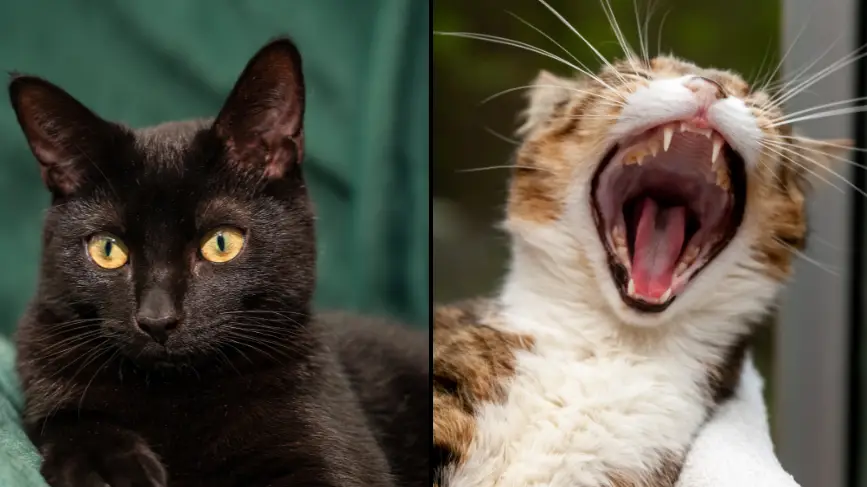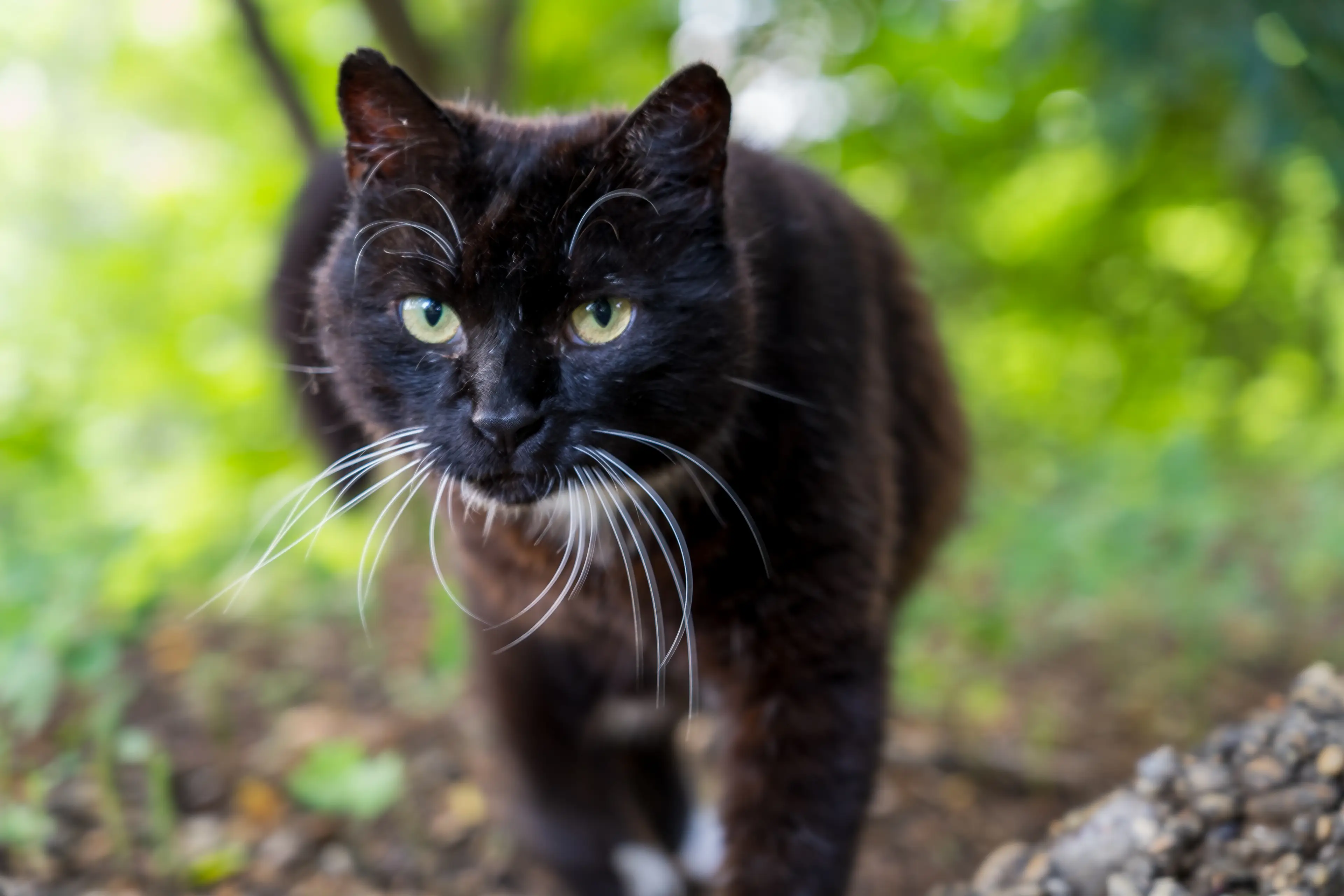
Cat owners have been urged to follow precautions after the first case of a deadly feline disease has been recorded in the UK.
An outbreak of feline infectious peritonitis (FIP) is a viral disease of cats that can be found around the world, and recently now in the UK.
FIP has spread through Cyprus in recent months and has reportedly been the cause of death for up to 300,000 of the four-legged animals this year alone.
Advert
According to international cat care, and sorry if this triggers you, FIP is caused by infection with a virus known as feline coronavirus. Wow, it never ends.
However, you’ll find some relief in that this only does infect cats – not humans.
But FIP is usually fatal for the animals if contracted and not treated.
Vets in the UK have confirmed the first known case over here – although it’s ‘unlikely’ to be the first time it’s made its way over.
Professor Danielle Gunn-Moore from Edinburgh University told Sky News the case that has been traced in the UK and believes it will almost certainly crop up in other cats.

Gunn-Moore says this new strain - named F-CoV-23 - is ‘particularly nasty’ and that it ‘gets into all cells’, rather than staying in one place.
Now, if you’re a cat owner, you don’t need to be entering full panic mode.
International cat care say FIP is ‘least common in household pets’ and they’ve given some ways of how to avoid the deadly cat virus.
They advise: “The risk can be minimised by obtaining cats from a source with relatively few cats and by keeping cats in small stable groups (less than five cats in a household).”
However, it’s pointed out that it can be ‘extremely difficult’ to eradicate coronavirus infections in breeding catteries.
But for these places, it’s recommended to avoid keeping large groups of cats, to keep them in small isolated groups and have at least one litter box for every two cats.

It’s also advised to keep litterboxes away from food and water bowls and to clean/disinfect them at least daily.
Plus, and one piece of advice I guess we should all be taking, avoid stress and ‘maintain good hygiene and preventive healthcare for all cats’.
There is a vaccine in some countries to protect against IFP, but it can only be given to kittens over 16 weeks old.
However the site says: “The major indication for using such a vaccine would be in breeding households, especially with a history of FIP, but by the time a kitten can be vaccinated (at 16 weeks) they would almost invariably have already been exposed to FCoV infection and so the vaccine probably has little or no value.”
Stay safe, kitties.